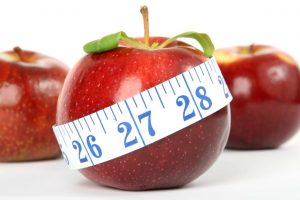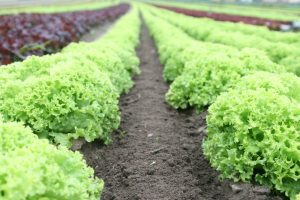What is Eco-friendly mean?
Environmentally friendly or environment-friendly, (also referred to as eco-friendly, nature-friendly, and green) are sustainability and marketing terms referring to goods and services, laws, guidelines and policies that claim reduced, minimal, or no harm upon ecosystems or the environment. Companies use these ambiguous terms to promote goods and services, sometimes with additional, more specific certifications, such as ecolabels. Their overuse can be referred to as greenwashing.
The International Organization for Standardization has developed ISO 14020 and ISO 14024 to establish principles and procedures for environmental labels and declarations that certifiers and eco-labellers should follow. In particular, these standards relate to the avoidance of financial conflicts of interest, the use of sound scientific methods and accepted test procedures, and openness and transparency in the setting of standards.
Who certifies organic foods in the US?
Organic Standards. Organic is a labelling term that indicates that the food or other agricultural product has been produced through approved methods. The organic standards describe the specific requirements that must be verified by a USDA-accredited certifying agent before products can be labelled USDA organic.
What qualifies as an organic food?
Foods claiming to be organic must be free of artificial food additives and are often processed with fewer artificial methods, materials and conditions, such as chemical ripening, food irradiation, and genetically modified ingredients. Pesticides are allowed as long as they are not synthetic.
Are organic products really organic?
Organic produce, according to the USDA, must be grown without synthetic pesticides, synthetic fertilizers or genetically modified organisms. … When it comes to packaged foods, only a label that says “100 percent organic” indicates a product made solely with organic ingredients.
What does it take to be organic?
Put simply, if you see the “USDA Organic” or “Certified Organic” seal on your food, the item must have an ingredients list and the contents should be 95% or more certified organic, meaning free of synthetic additives like pesticides, chemical fertilizers, and dyes, and must not be processed using industrial solvents,
Why is organic food so much more expensive?
Time is money. Not only are organic farms typically smaller than conventional ones, but they also, on average, take more time to produce crops because they refrain from using the chemicals and growth hormones used by conventional farmers. Production-oriented government subsidies reduce the overall cost of crops.
How can I start an organic farm?
Here are some tips to plant you on the road to making a living as the owner of a small organic farm.
- Find the Right Location for Your Organic Farm. …
- Get “Certified Organic” Status. …
- Begin Direct Marketing. …
- Seek a Mentor and Start Networking.
Is eating organic better for you?
Yes, organics is a $29 billion industry and still growing. Something is pulling us toward those organic veggies that are grown without synthetic pesticides or fertilizers. But if you’re thinking that organic produce will help you stay healthier, a new finding may come as a surprise.
What is the difference between natural and organic foods?
What’s the difference between organic and natural? … “Natural foods” are often assumed to be foods that are minimally processed and do not contain any hormones, antibiotics or artificial flavours. In the United States, however, neither the FDA nor the USDA has rules or regulations for products labelled “natural.”
Are organic labels true?
“USDA Organic Seal” is often used interchangeably with the term “USDA organic label” or “Organic label.” They’re not the same thing though. The USDA organic seal is what a truly organic product is allowed to wear. … An organic label is just a label.
[contact-form-7 id=”4″ title=”Contact form”]





